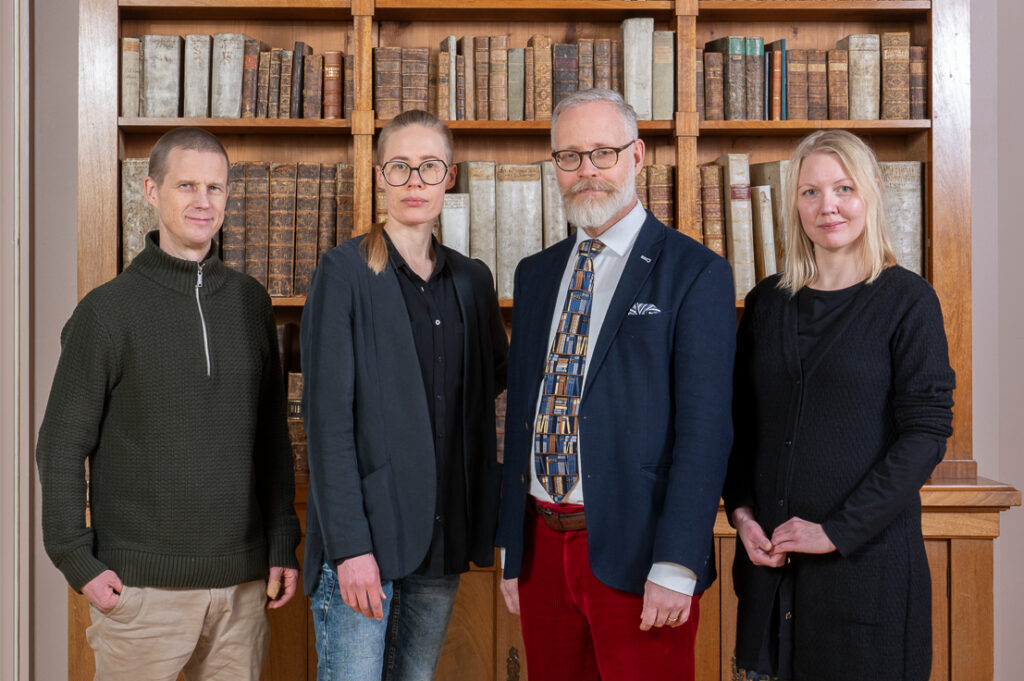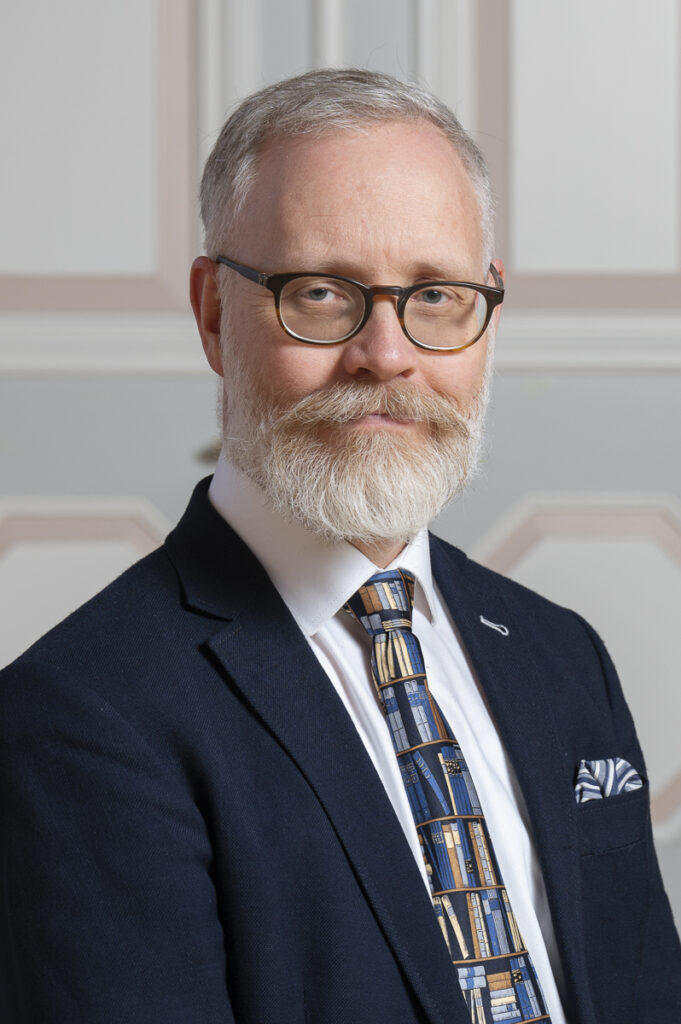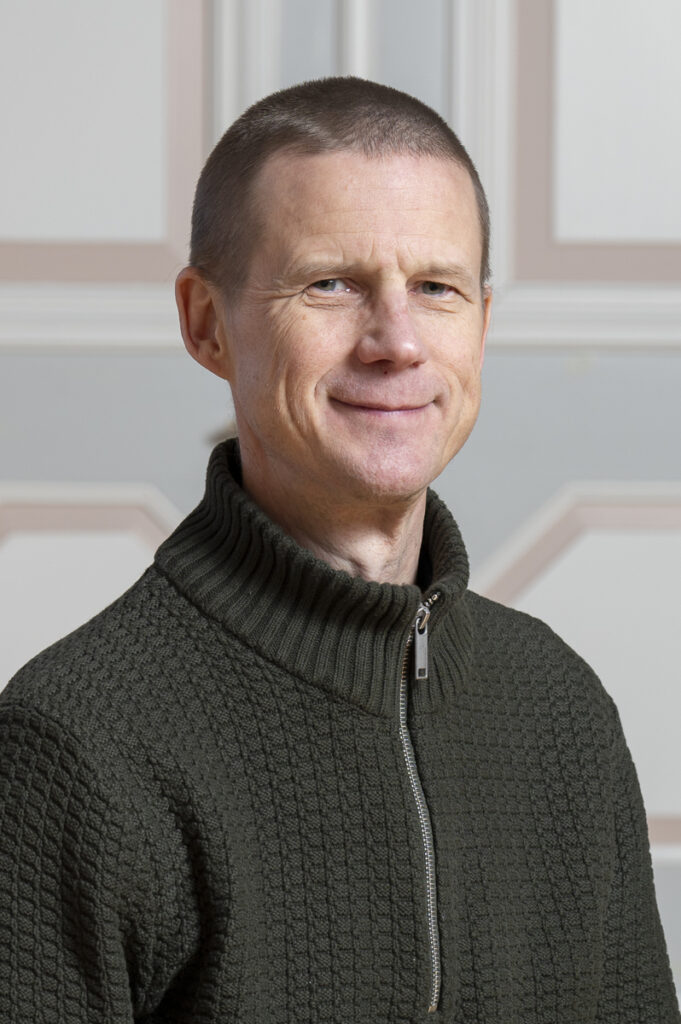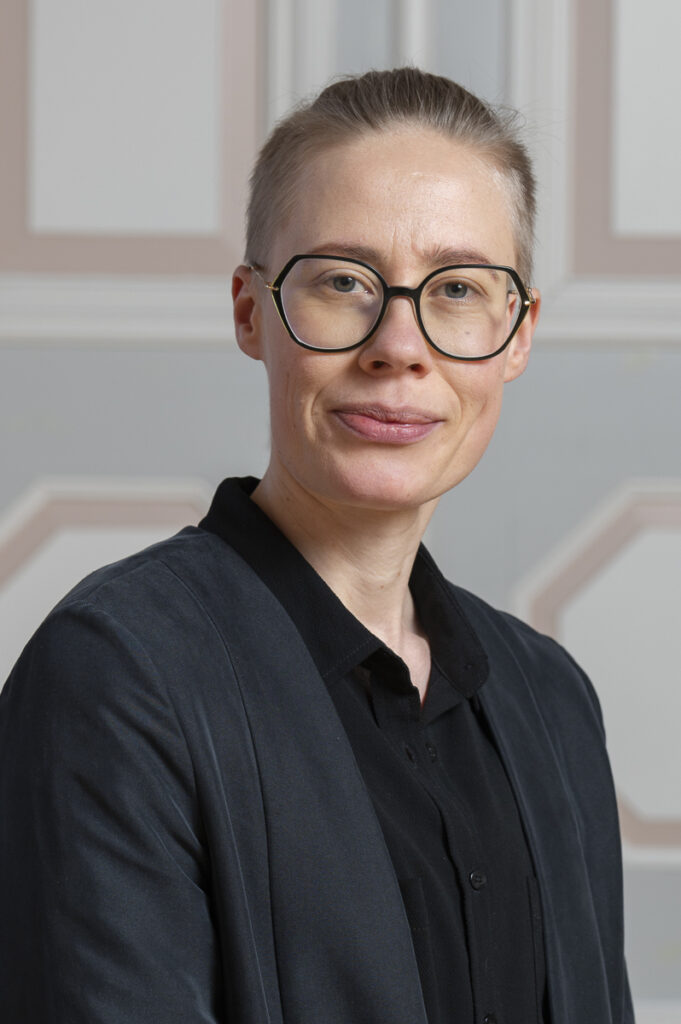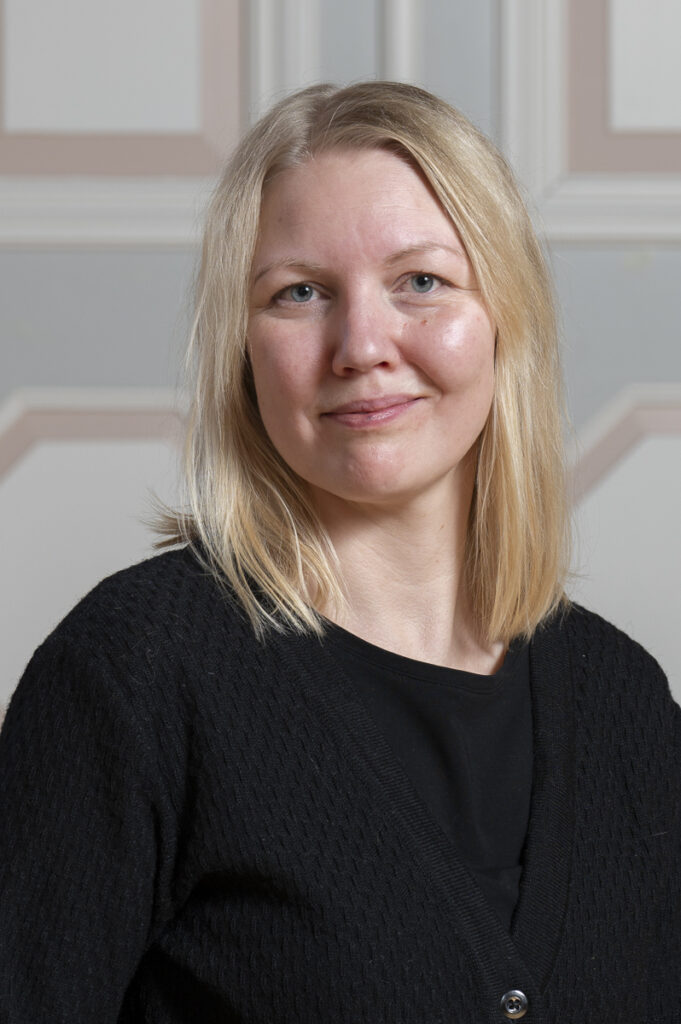Yoga is a growing international trend. The number of practitioners is globally estimated to exceed 300 million. Although yoga’s history, philosophy and effects on health have been researched extensively, we know surprisingly little about the people who actually practice yoga. This project aims to change this.
Worldviews in modern yoga: Does yoga have its own outlook? Is it part of Hinduism? Or contemporary spirituality? Studies on yoga’s worldview are so far mostly based on ancient texts, and to some extent contemporary bestsellers. There is very little we know about the outlooks of the grassroots practitioners. In this study, we aim at empirically assessing and arriving at a tentative typology of the prominent outlook types of modern yoga. We combine this assessment with an extensive set of questions regarding the respondents’ values, attitudes, voting preferences, and general demographic descriptors.
Some of the prominent yoga-related discourses in contemporary media have centered around conspirituality, a trend that combines New Age spirituality with conspiracy theories. Another topic is related to the cultural appropriation of yoga. The question of to whom yoga belongs gets an interesting local flavor in Finland, where Christian yoga is a growing phenomenon. These are some of the questions where we seek to gain a deeper, respondent-based understanding, by allowing the practitioners to express their own views in the study, that combines qualitative interview materials with quantitative data.
Although the obvious focus in our study is on yoga in Finland, we can expect at least some of the results to have international relevance. First, an empirically based typology on the prominent outlook types of modern yoga does not exist, as yet. The results of this study are expected to be informative of larger tendencies in global yoga. Second, many of the topical discourses in contemporary spirituality and yoga, such as cultural appropriation, intermingling of extreme right political views with spirituality, questioning of the reliability of national authorities on health and in politics, and how social media is being used in such discourses are global phenomena with relevance in Finland.

